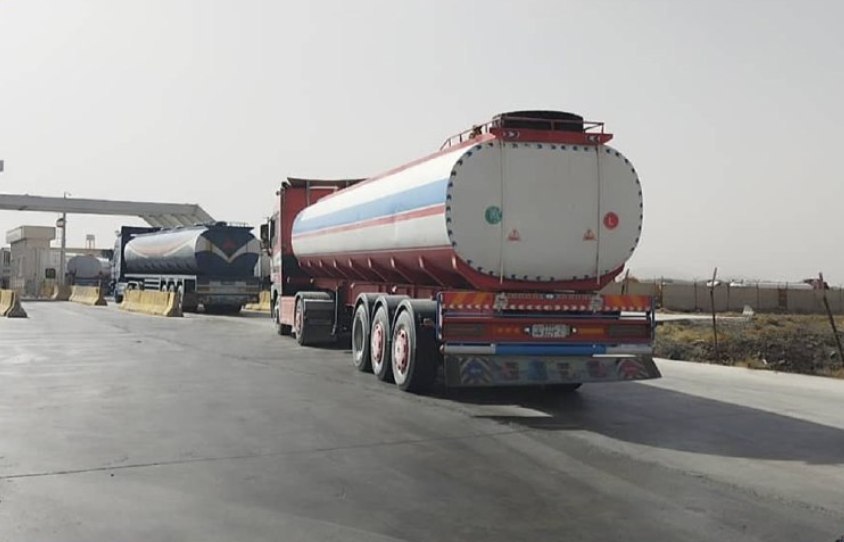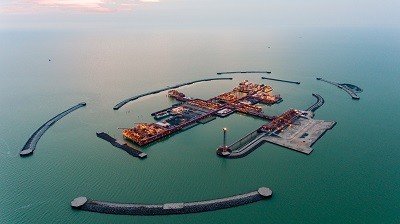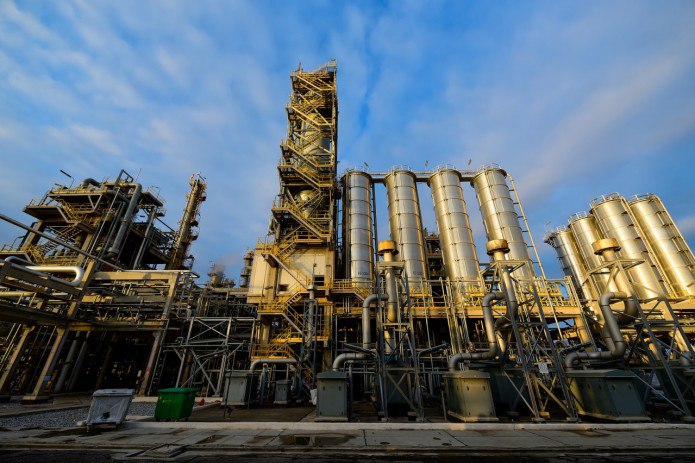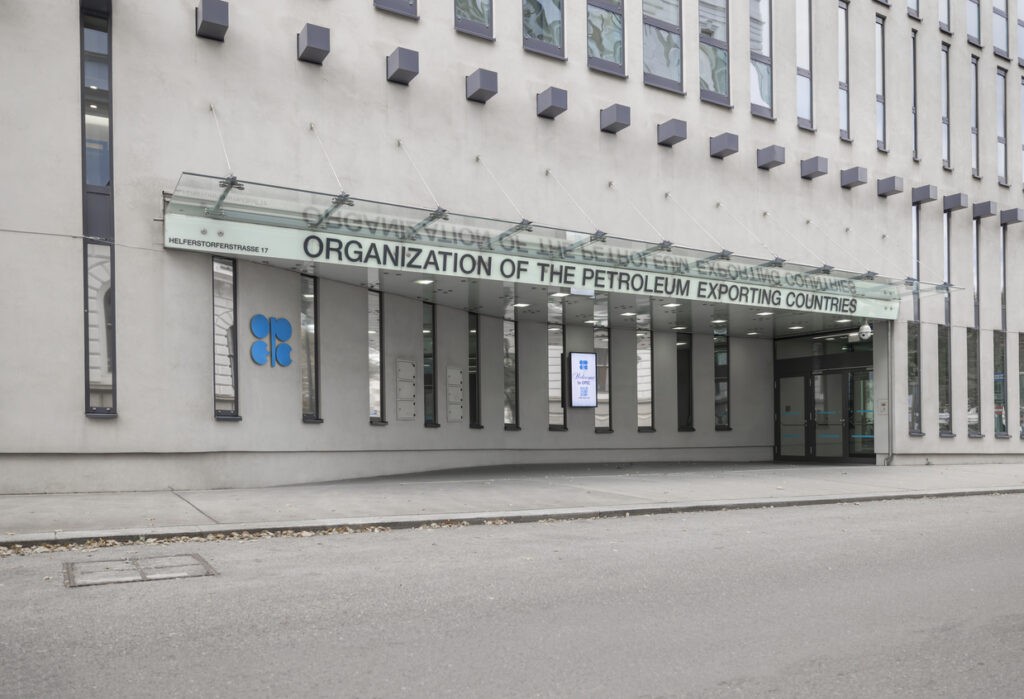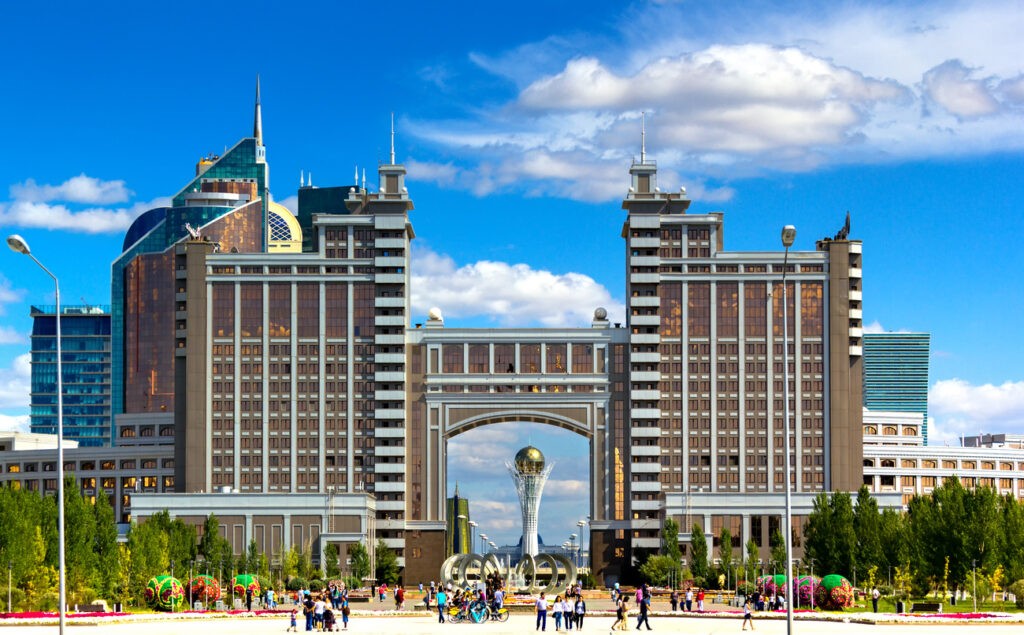According to Romanian news portal gandul.ro, Rompetrol, which operates in oil refining, petrochemicals, and distribution in parts of Eastern Europe, is close to collapse. The stated reason is that Rompetrol top management -- which includes representatives of Kazakhstan's state energy company KazMunayGas (KMG), the majority owner of Rompetrol -- prioritize personal interests over the economic good of the company. The allegations are serious. KMG International, a group owned by Kazakhstan's national oil and gas company KazMunayGas, acquired the Rompetrol brand in 2007, strengthening its position as a key player in the Black Sea and Mediterranean region. It currently owns 55% of Rompetrol, with Romania's Ministry of Energy controlling just under 45%. The Kazakhstani company is accused of assisting Russia, which itself is trying to avoid sanctions imposed by the European Union (EU). Gandul.ro claims that it's possible to bring oil from Russia to be refined in Romania despite the embargo on Russian crude. Rompetrol CEO Ilyas Kuldzhanov has Russian citizenship, although he also registered Kazakh citizenship in Romania's National Trade Register to avoid possible EU sanctions. Gandul.ro published an open letter penned by some of the company's employees, which they sent to the Kazakh Government. The letter contains the following passages: "Dear Sirs, we are writing to you regarding current issues related to Rompetrol. At the beginning of this message, we apologize for using Google Translate to translate from Romanian to Russian and for remaining anonymous. We decided to remain anonymous because we fear reprisals from KMG management. We want to draw attention to the growing problems inside Rompetrol, because no one is interested in the future of the company. The company needs a radical change of management and new people with different perspectives at all levels, from the board of directors to the top management, with a vision in line with the goals. In terms of management, first of all we should mention Ilyas Kuldzhanov, an extremely incompetent person with no experience in managing large companies, Baurzhan Nurgaliyev (Operations Director), who until recently ran a company selling elevators in Astana, Saken Shoshanov, Baurzhan Nugumanov and other members of management. Appointments to management positions are made on the basis of the ethnic origin of the clan. Most of the new managers in Romania and Kazakhstan have been hired without any competition or selection, and have no experience or knowledge of how the corporation should operate. Note the price of oil and how diesel fuel was purchased in 2023 due to an emergency equipment shutdown at the Petromidia refinery. Why is this equipment not repairable? Why do accidents and explosions continue to occur? Because Rompetrol management is looking for contractors willing to pay commissions. We would like to inform you that similar messages will be sent to the Romanian authorities because the situation is critical." Rompetrol employees also create a disastrous picture of the company's behavior. In the letter they ask Tokayev to check how components and electricity are purchased for the plant -- questions that refer to expenditures of tens of millions...


